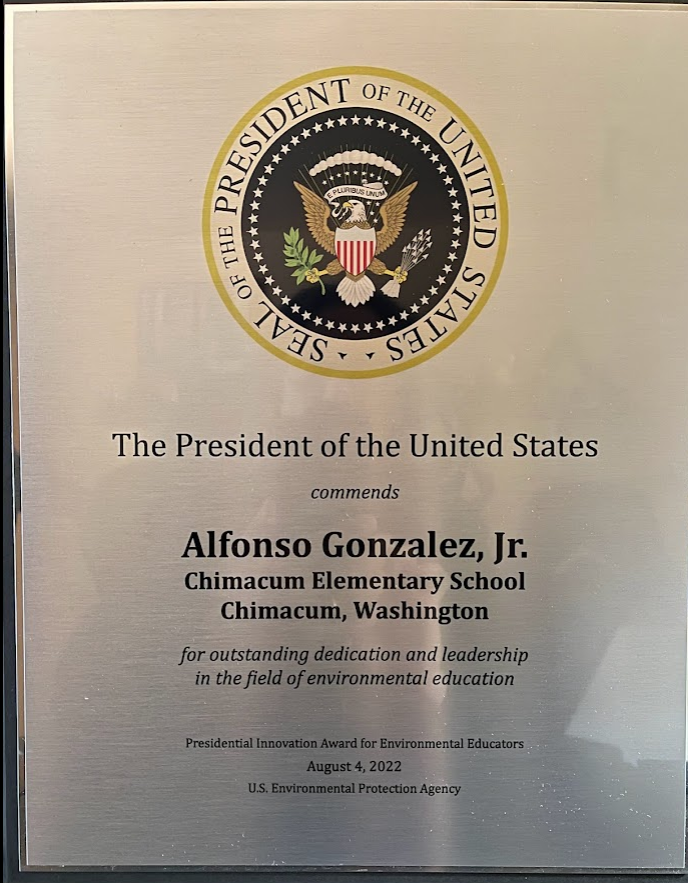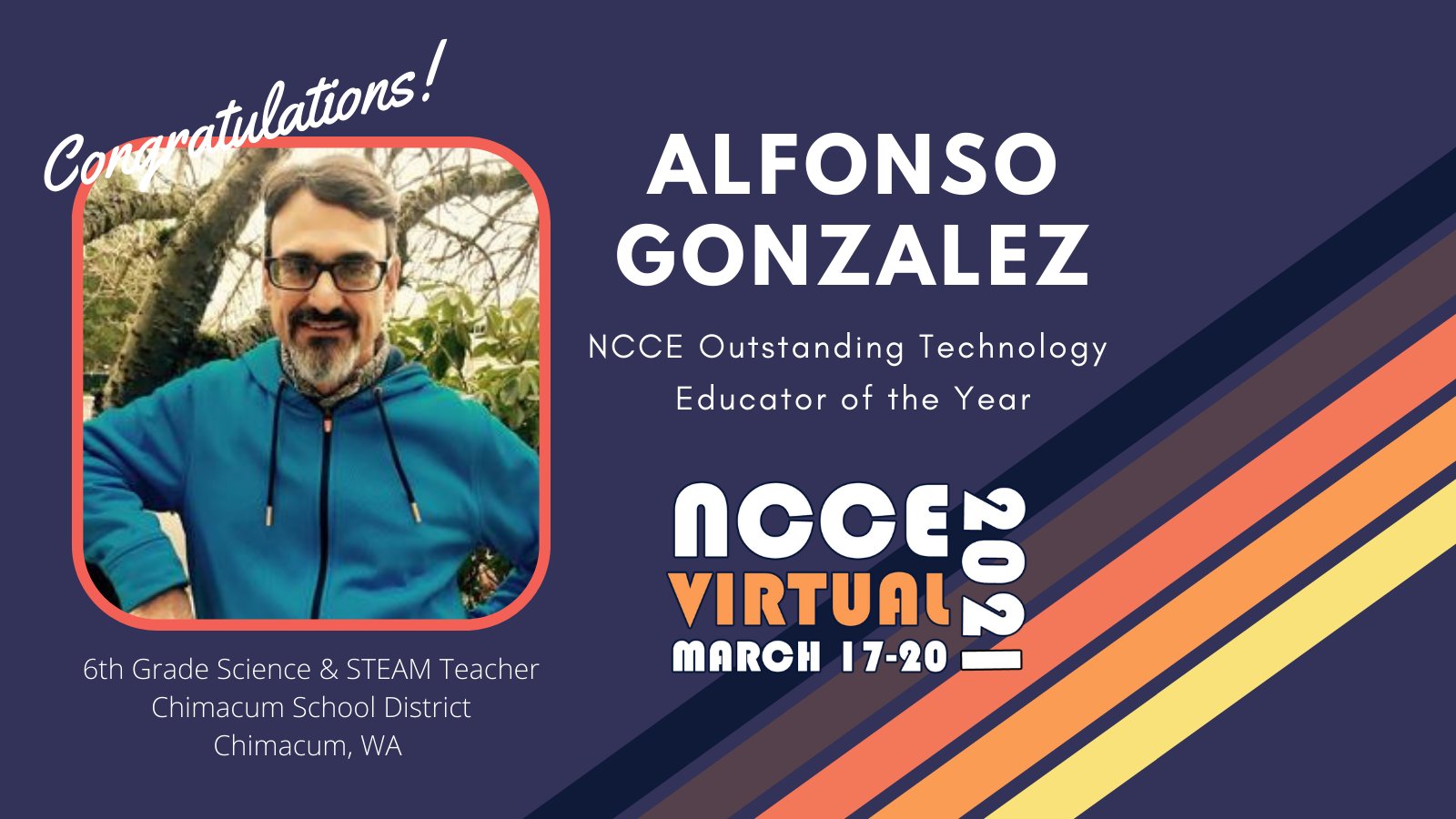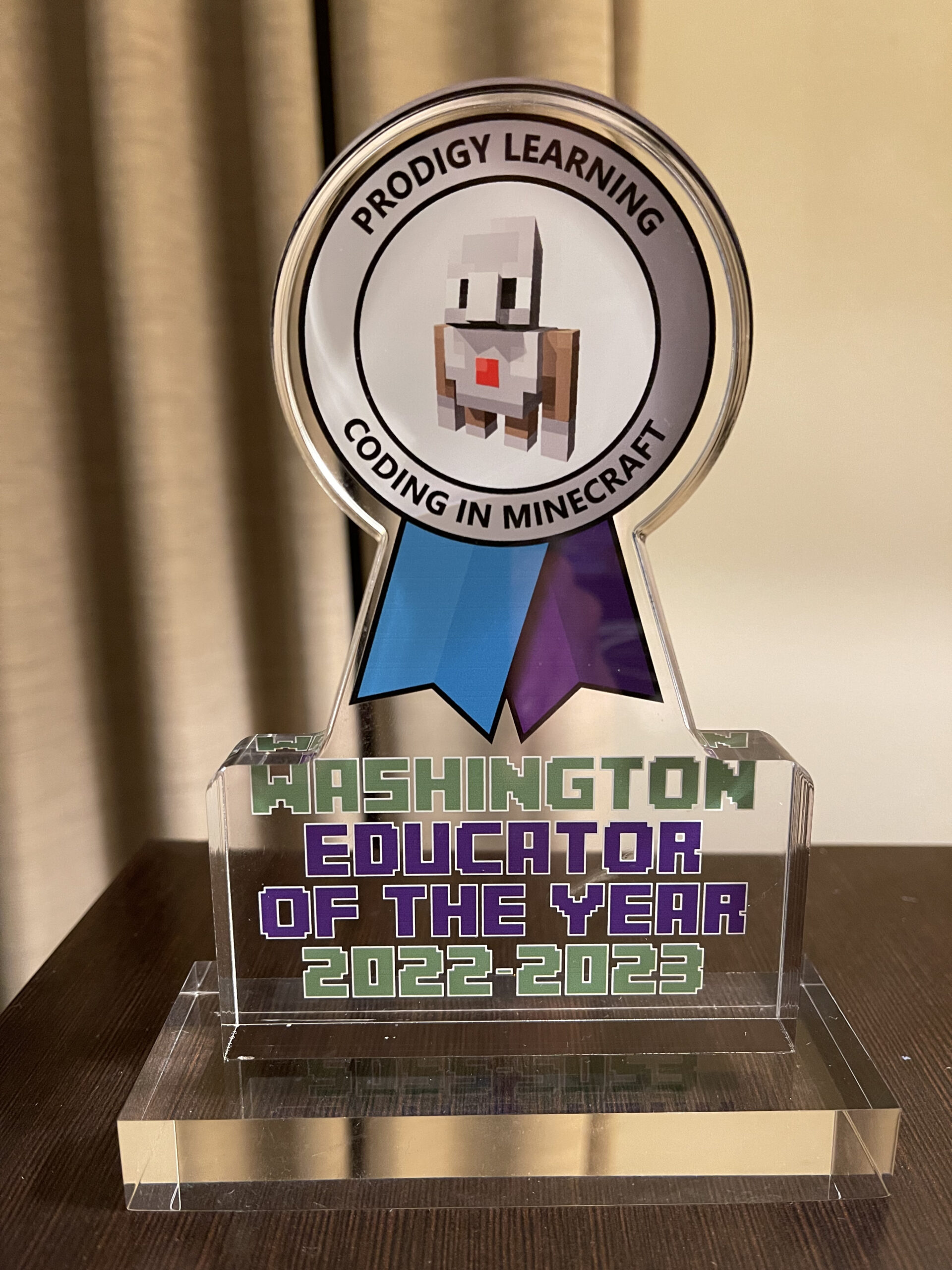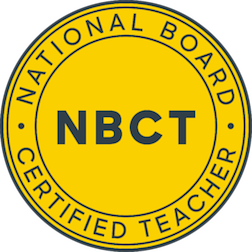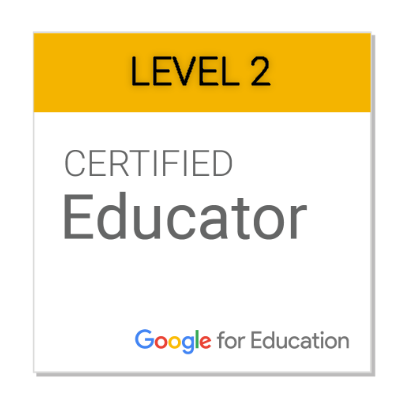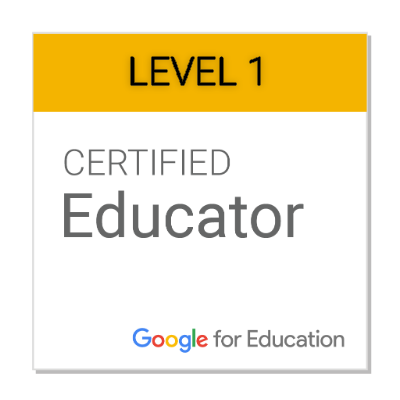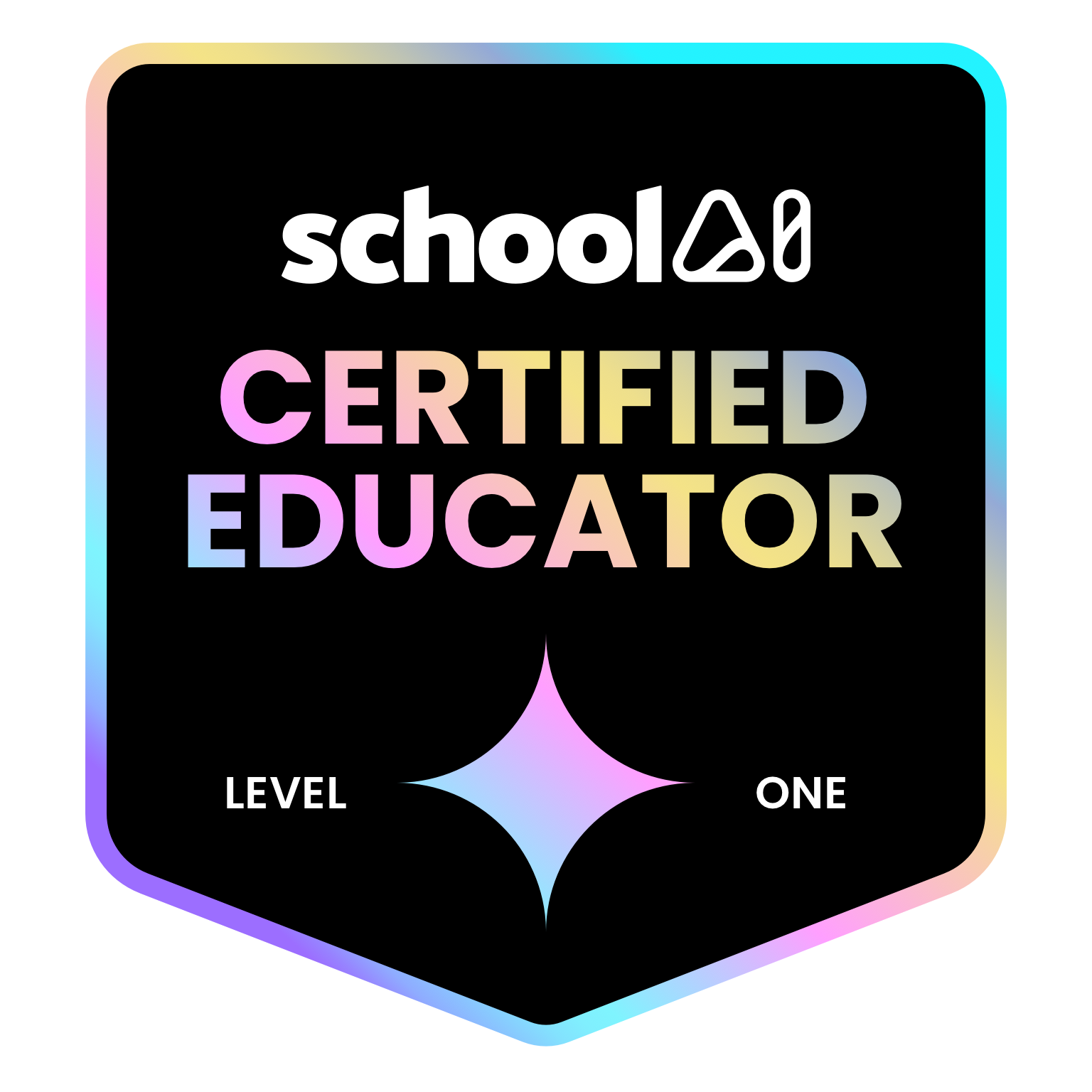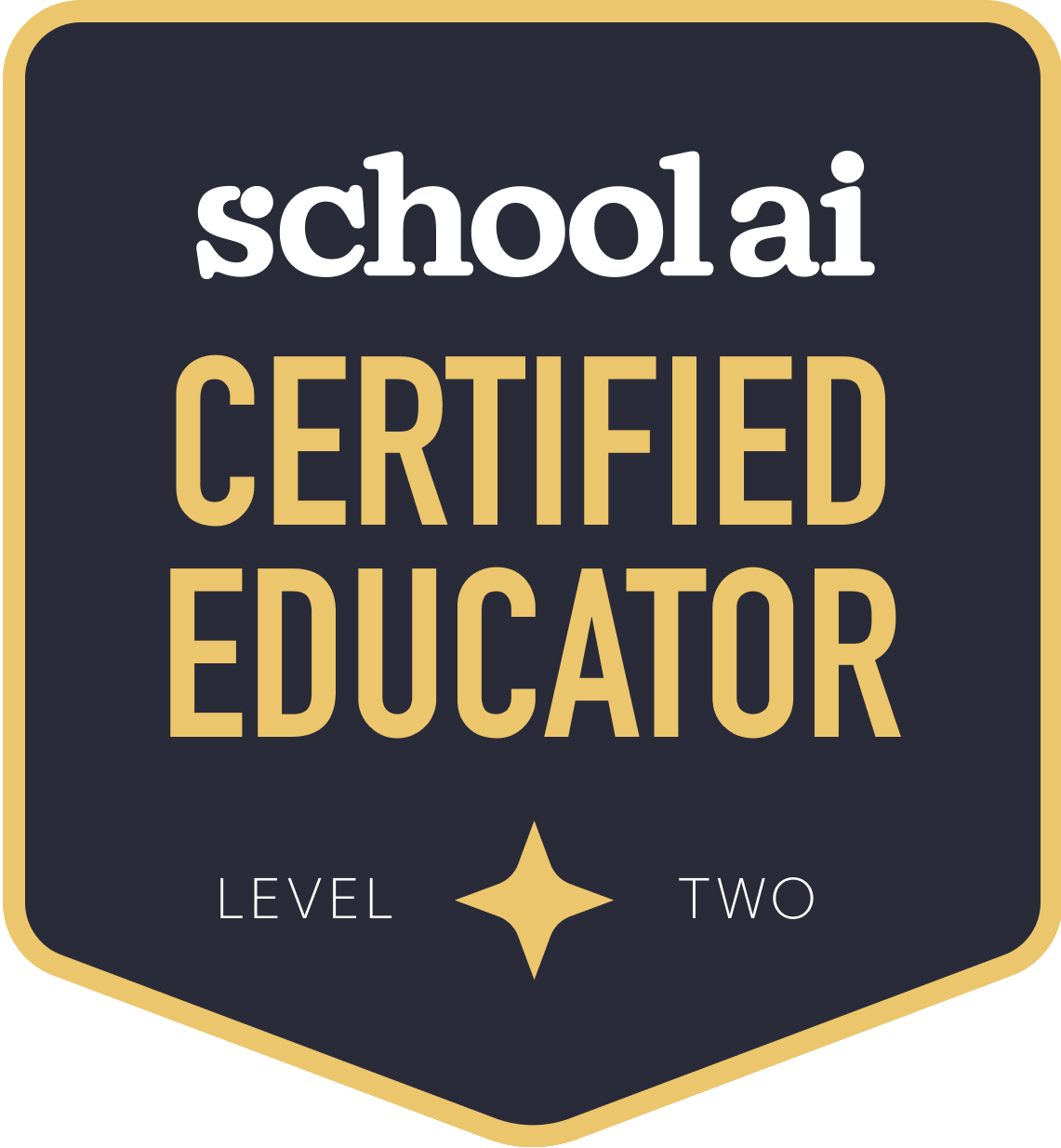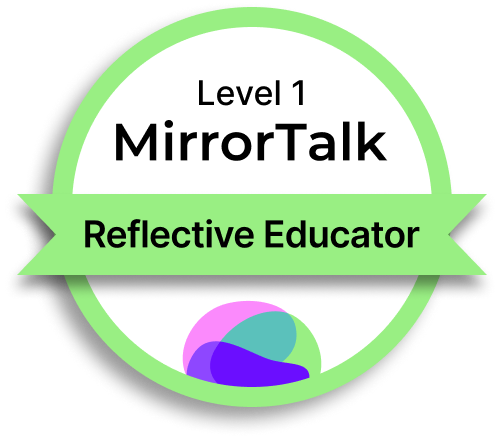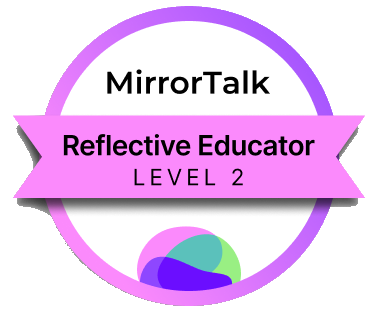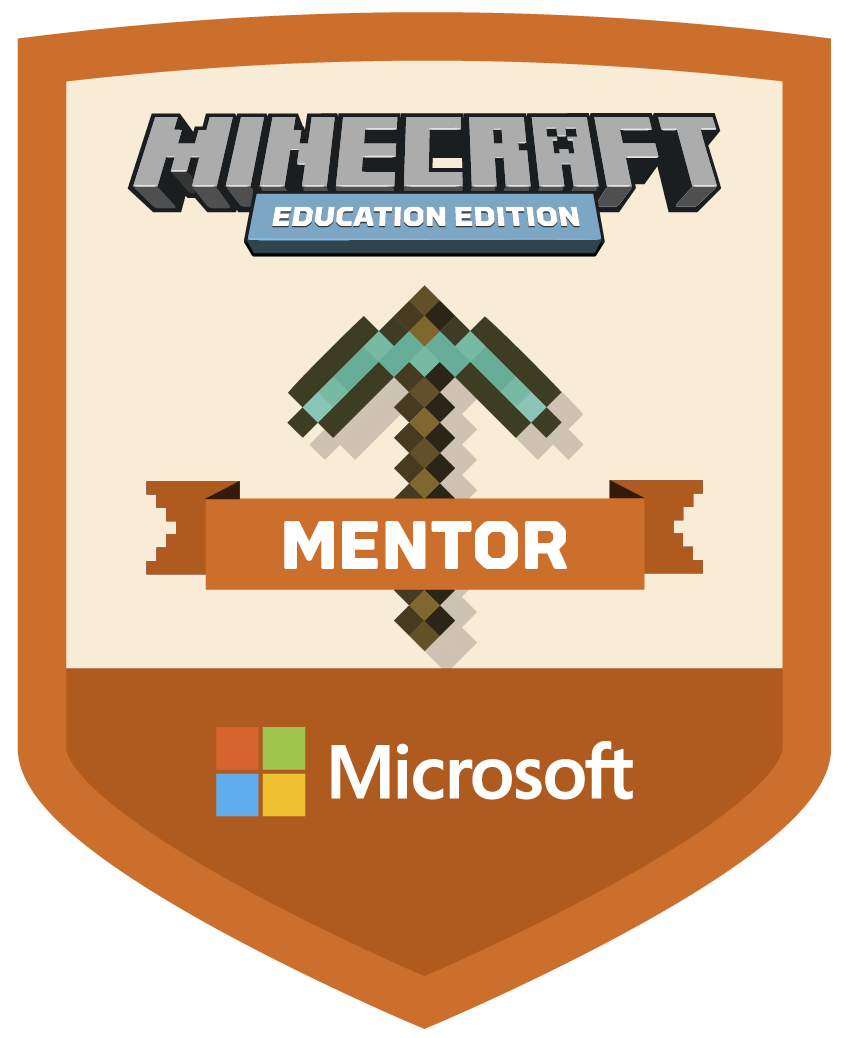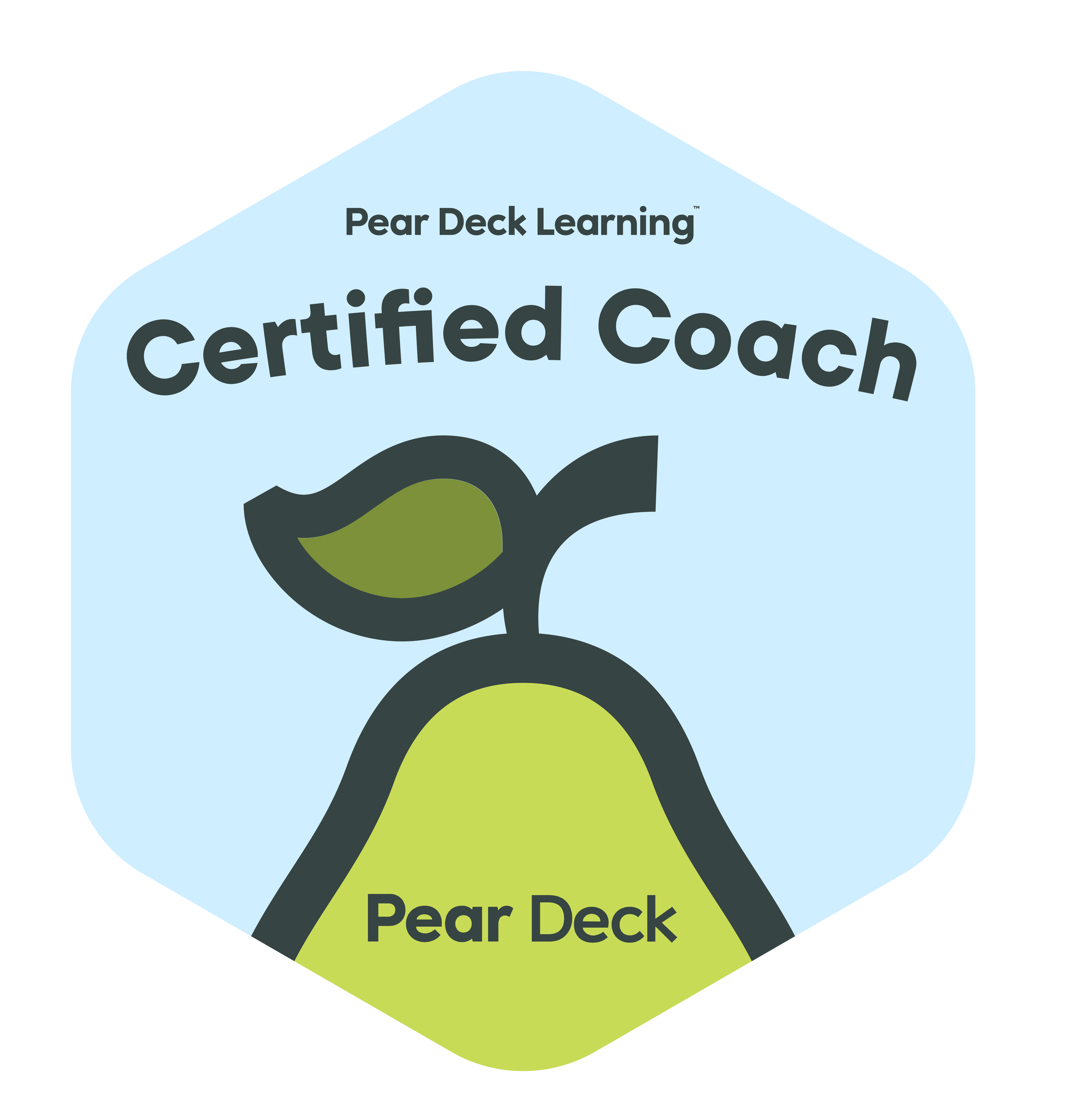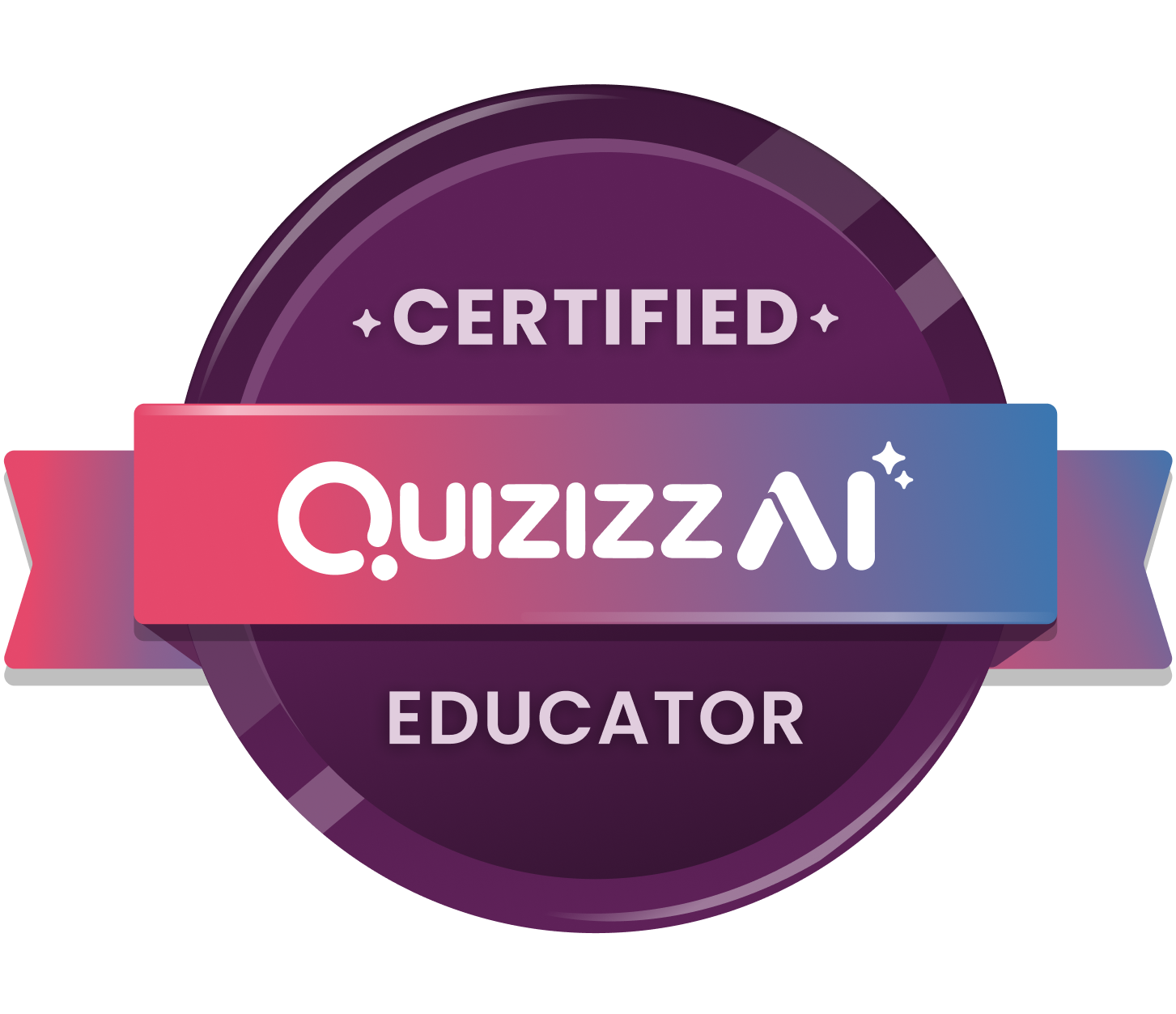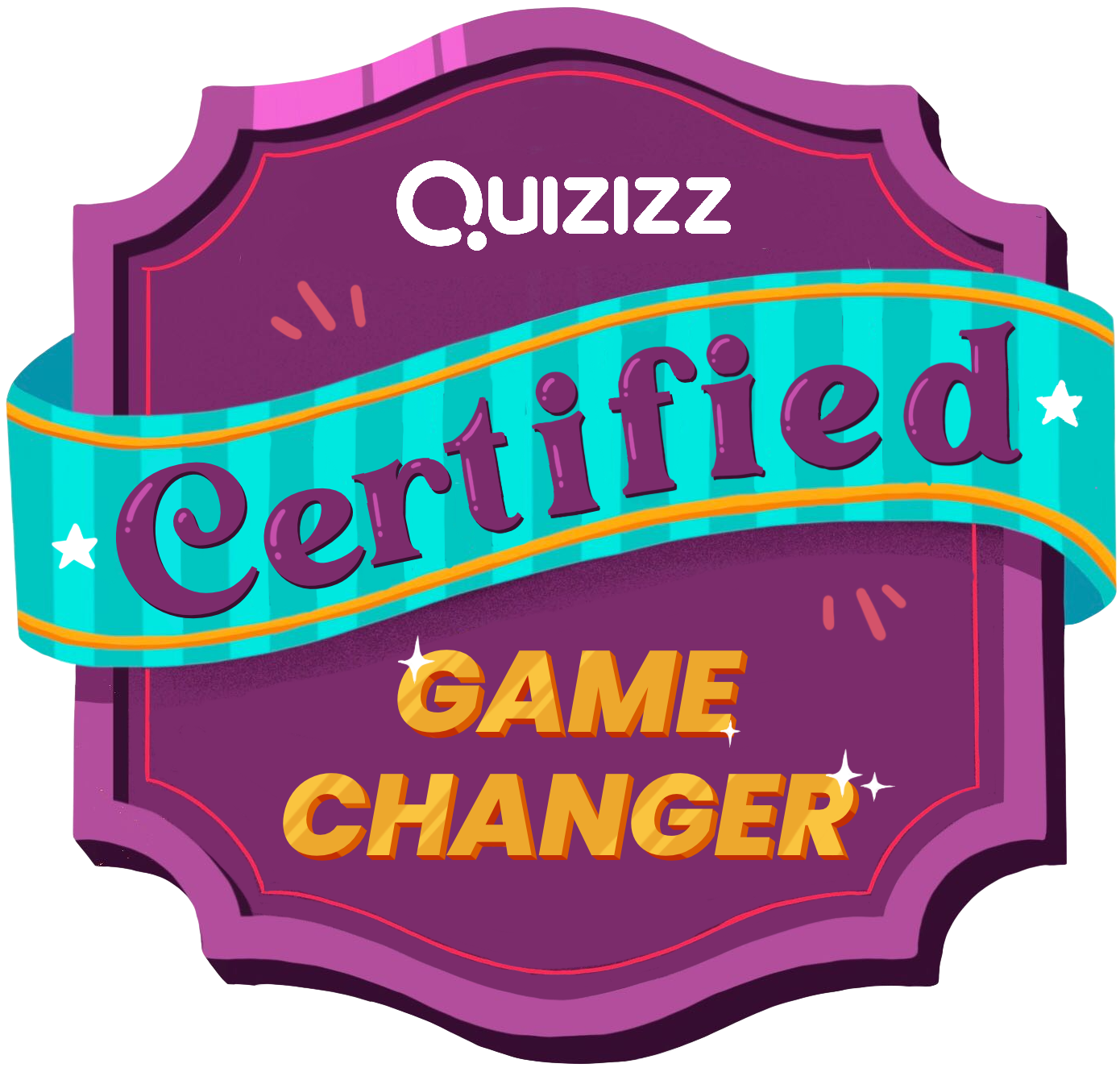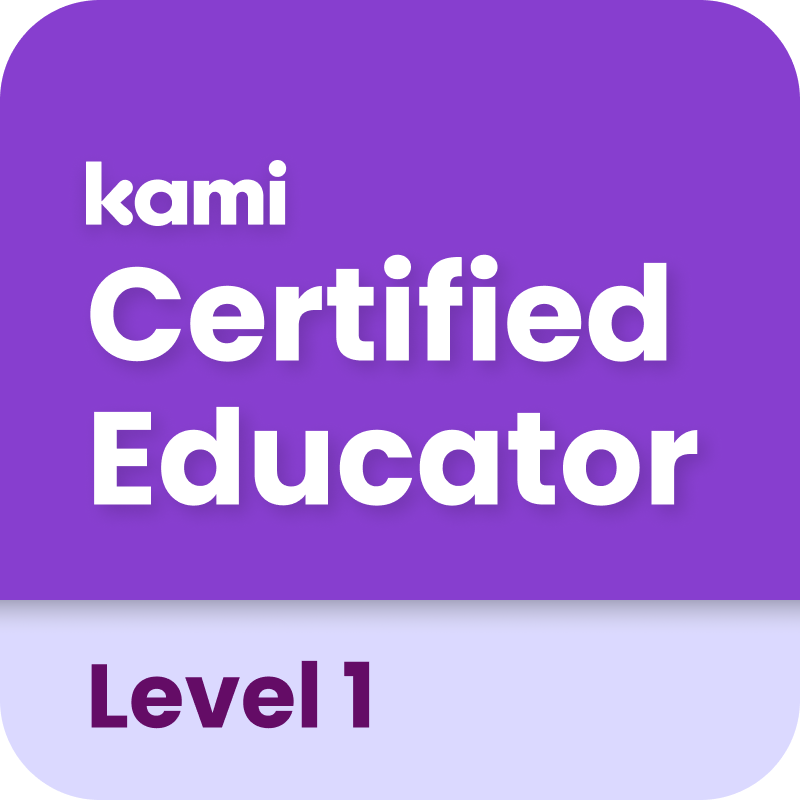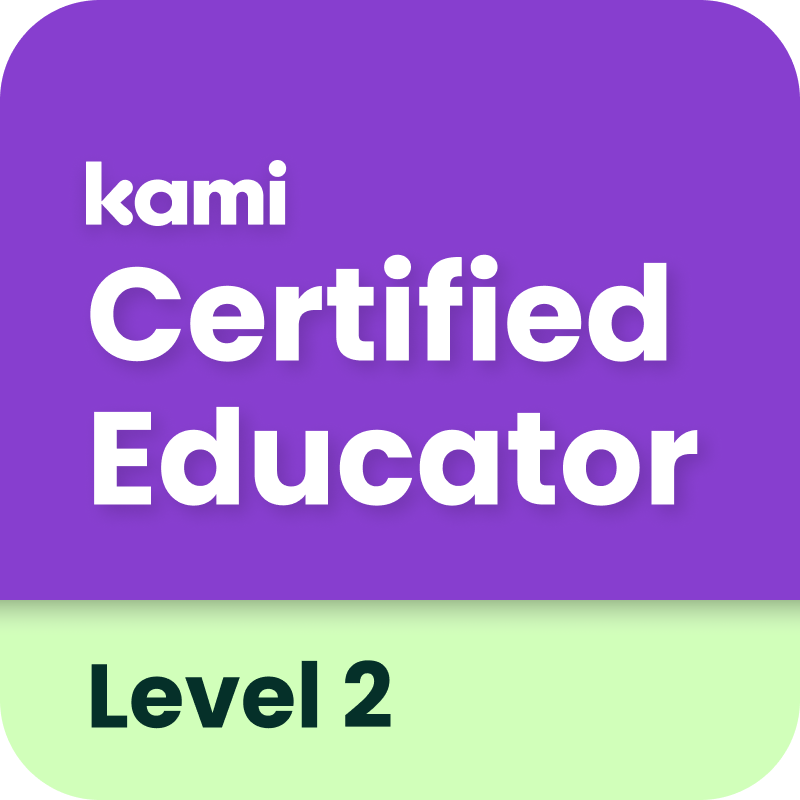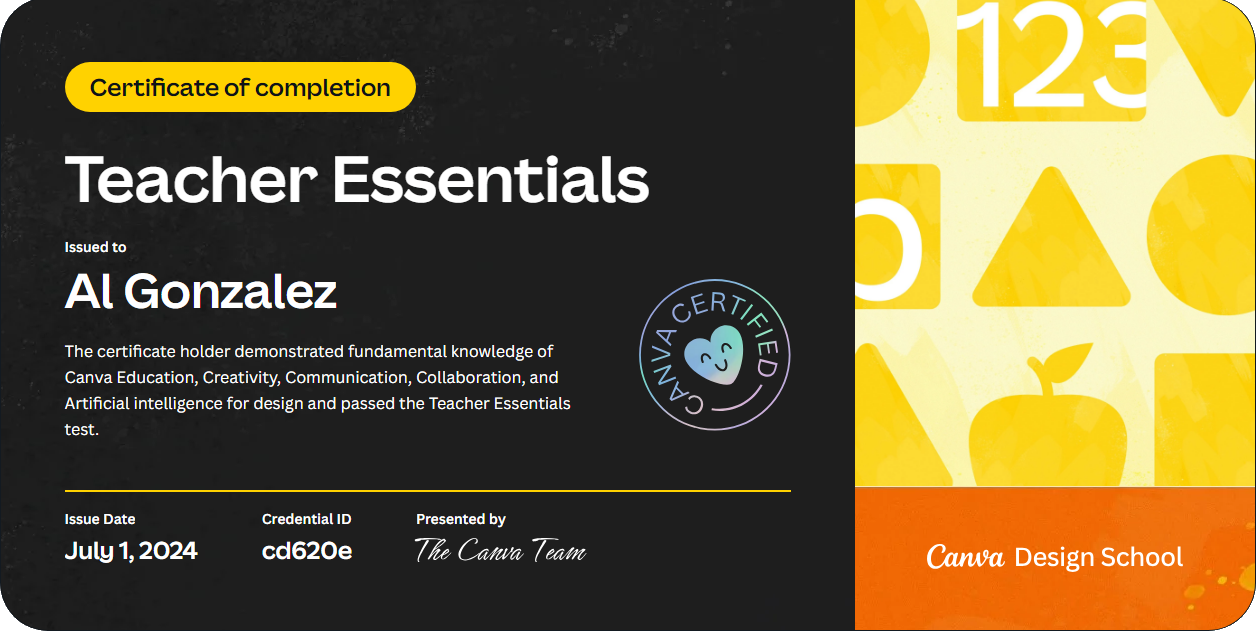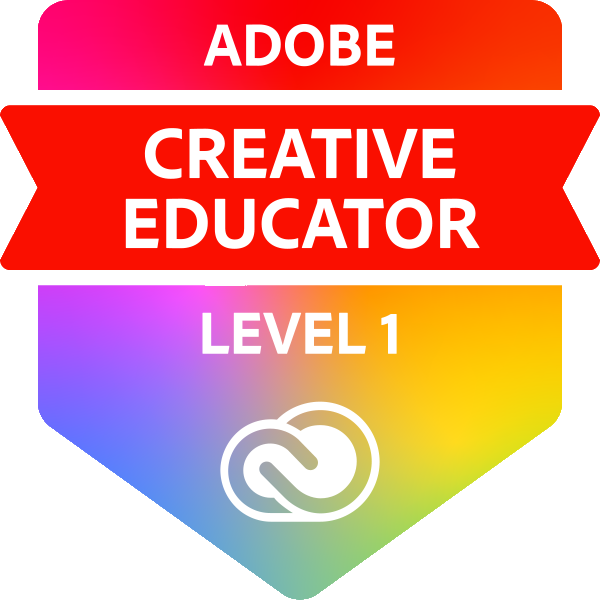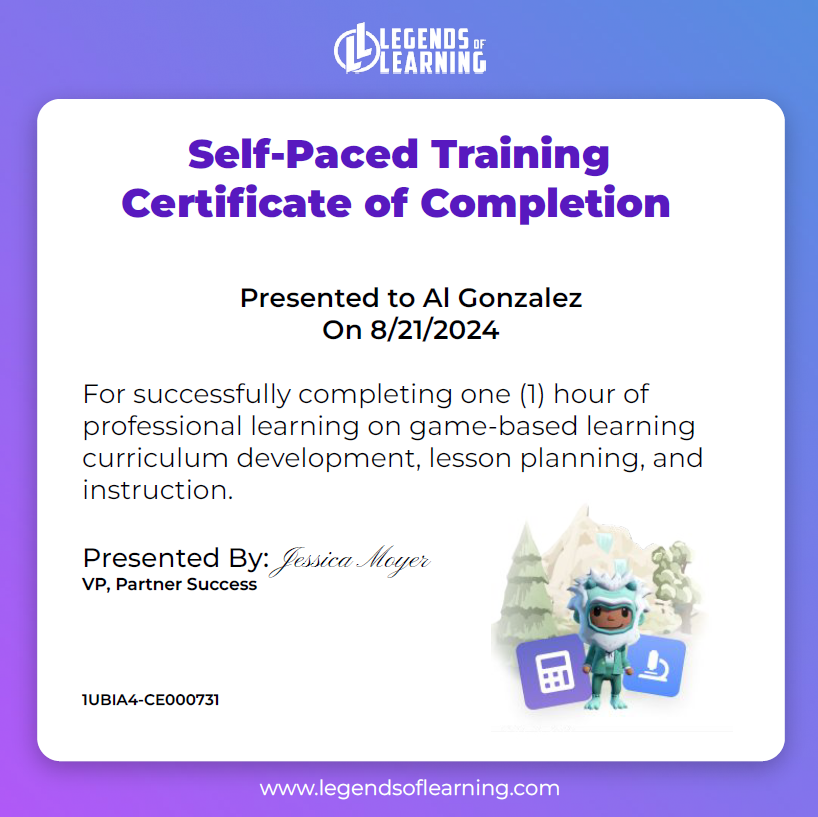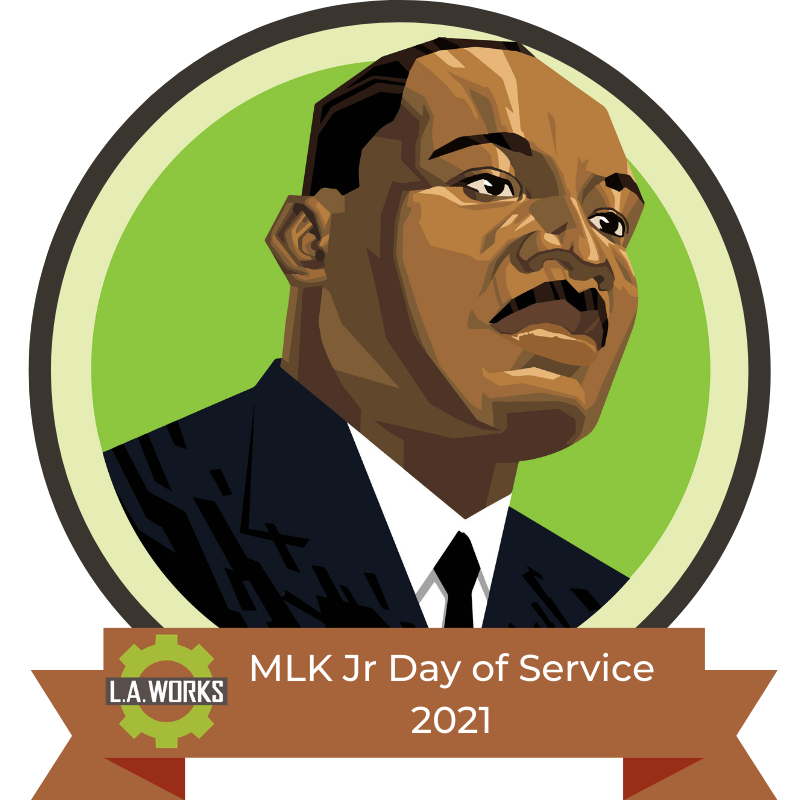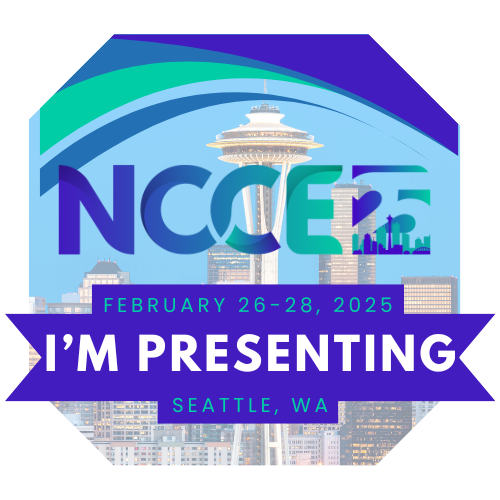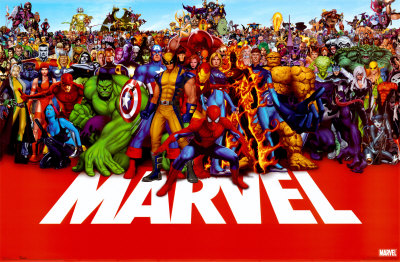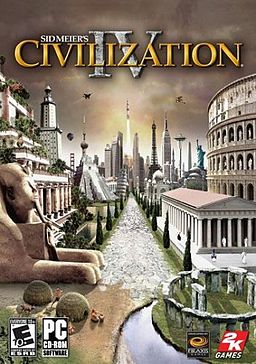 Okay, so this is a rant. There, I’ve said it. I’ve just been so put off by all this common core (next generation in Science) standards stuff (I didn’t write what I was actually thinking), so I thought I’d put my thoughts here on my place to think things through and learn. What I hate is what these standards mean for us educators. See, I’m pretty fortunate to work at a school where what we teach and how we teach it is not prescribed. We are given the freedom to be professionals and do our job. So the idea of having a prescribed curriculum drives me crazy because it just doesn’t make sense.
Okay, so this is a rant. There, I’ve said it. I’ve just been so put off by all this common core (next generation in Science) standards stuff (I didn’t write what I was actually thinking), so I thought I’d put my thoughts here on my place to think things through and learn. What I hate is what these standards mean for us educators. See, I’m pretty fortunate to work at a school where what we teach and how we teach it is not prescribed. We are given the freedom to be professionals and do our job. So the idea of having a prescribed curriculum drives me crazy because it just doesn’t make sense.
We’re expected to teach, or help our students learn, content, process and skills. To do this we need to differentiate because different kids learn in different ways and they are at different levels and abilities. And that’s normal! So to tell me to teach the same thing in the same way here in rural Chimacum as a teacher in a big city or a rich suburb is distressing to me.
So here’s what I think, my opinion, is that the standards are just a guide for us. Yes, I use the WA State Science standards and yes there are way too many so I am a big supporter of choosing fewer Power Standards on which to focus. I read through the standards because I want to know what the experts (I hope they’re experts) think kids should know. Since I am the expert in education and creating a learning environment for early adolescents I take it from there. Here’s maybe where I differ from politicians, I find ways that standards fit what I and my kids are doing rather than try to find things to do that fit their standards. I have to guide my students while allowing them opportunities to choose for themselves what and how they want to learn. Is that a subtle distinction, fitting the standards to what we do vs fitting what we do to the standards? I don’t know, but what I see as important is that if I find a cool project or lab, or students want to try something different than what I or they had planned, we do and later I’ll see if it fits any of our standards! What I won’t do is tell my students that we cannot or will not do something because it either doesn’t match any of our standards or because we have to do something that matches our standards better.
So I hope we don’t go crazy with the common core or next generation and give up doing cool things with our students. Let’s keep all these standards in perspective and not let them keep us from providing our students engaging, relevant learning experiences. I see my job as providing the climate for my students to learn and I won’t let anything affect that.
Yong Zhao agrees with me! Or vice versa, here’s what he says about the Common Core Standards: Zhao on Entrepreneurship, the Common Core, and Bacon
Here’s where Zhao and I see eye to eye in our concern with the common core and next generation standards:
“the common core is likely to do more damage to our children by homogenizing educational experiences, narrowing the curriculum, encouraging more teaching to the test, and reducing diversity in talents, after wasting billions of dollars and years of opportunity.”
Furthermore, Zhao says that:
“The common core cannot solve the problems it is intended to—improving quality, narrowing the achievement gap, and increasing efficiency—as past experiences tell us. Since No Child Left Behind, states have implemented standards and high-stakes testing and have not seen improved achievement, narrowed gaps, or increased efficiency. If such efforts did not work in states, which in practice function as national systems, what in the common core would make it work nationally? The differences, proponents might argue, is that the common core is more demanding, more rigorous, and carries higher stakes. But Tom Loveless of the Brookings Institute has presented analysis and evidence to show that in the past none of these have mattered at the state level.”
The problem is simply stated when Zhao states that:
“the common core distracts us from seeing and addressing the root cause of America’s biggest problems in education: economic inequity and social injustice. It shifts the burden of a persistent social problem to the least powerful group of people—teachers in the classrooms. Teachers can do a lot, some even miracles, but unless America seriously addresses the unequal education achievement as a large societal issue, we will continue to see our poor and minority students lagging behind.”
I also find Marion Brady’s article on the Washington Post’s Answer Sheet, Education’s biggest design flaw, very true in that we are focusing on these common standards to force fit all kids into standardized testing boxes, so to speak, instead of dealing with the real problem of poverty. When it comes to America excelling on international tests Brady gives a reason why we won’t make it,
“The super-hyped Common Core Standards, created by subject-matter specialists who don’t talk to each other about the whole of which their specializations are parts, will see to that.”
So I guess it’s not just me. Common Core and Next Generation are not the solutions to the problems in education today. What they are is a perpetuation of the problem.

